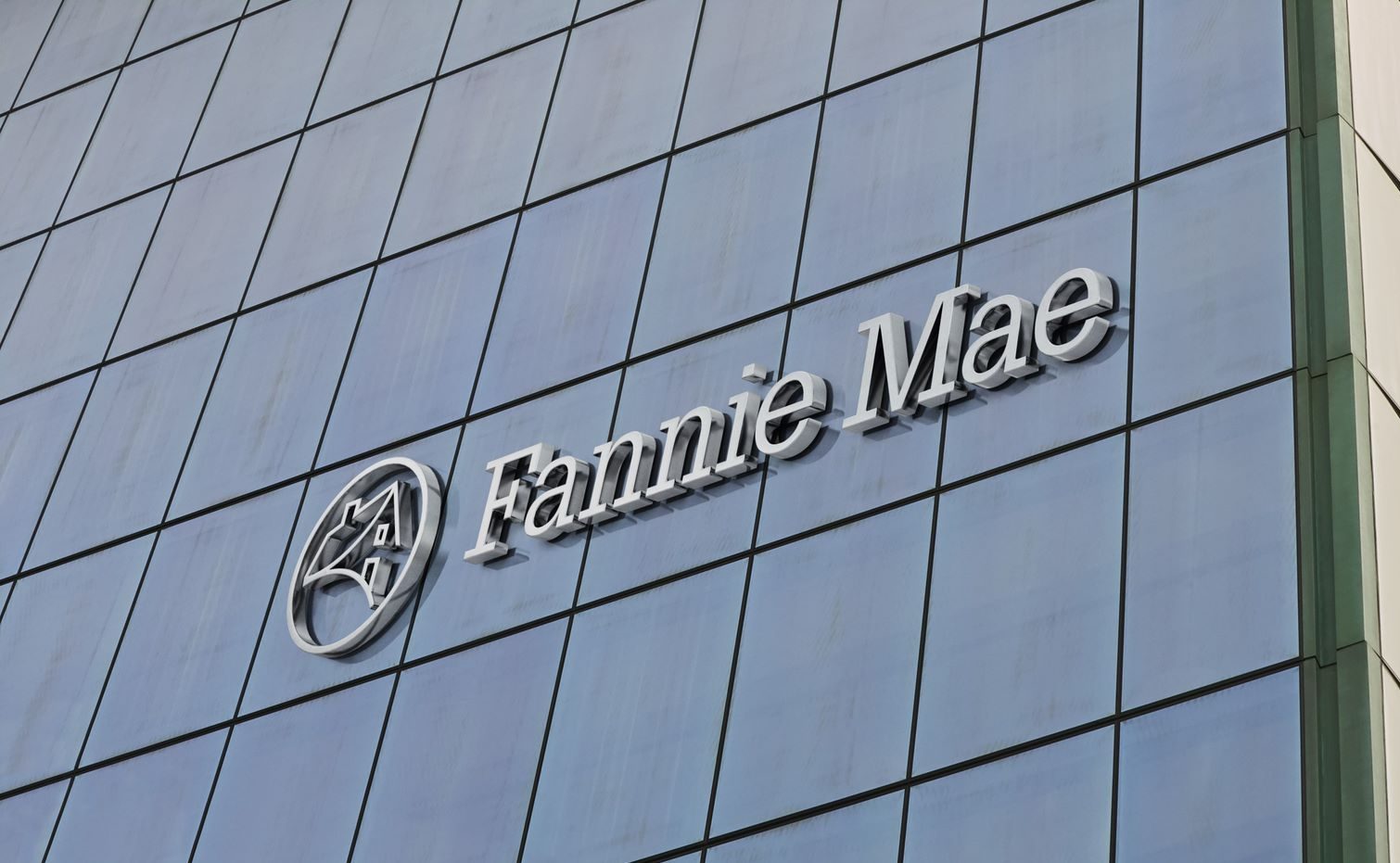The ""Mortgage Bankers Association (MBA)"":http://mbaa.org/default.htm has expressed support mixed with concern for the common securitization platform the ""Federal Housing Finance Agency (FHFA)"":http://www.fhfa.gov/ is developing as part of its ""strategic plan"":https://themreport.com/articles/fhfa-head-details-objectives-for-2013-2013-03-05 for this year.
[IMAGE]While MBA condones the potential taxpayer savings and market efficiencies, the industry group continues to argue for more transparency and industry ""input"":https://themreport.com/articles/mba-regulators-need-industry-input-to-create-viable-secondary-market-2013-05-06 in the platform development.
The MBA released a paper Wednesday explaining its vision for a successful common securitization platform and reiterating its concern for transparency in the process.
""Although a central Platform is a shared goal among most stakeholders, the timeline and scope of FHFA's Platform have expanded considerably since the project was first announced,"" the MBA stated in its paper, ""_The Central Securitization Platform: Direction, Scope, and Governance._"":http://www.mortgagebankers.org/files/Advocacy/2013SecuritizationPlatform-Transition5.pdf This paper is the fifth in a series on market reform.
""This growth has led to increased concern that the Platform will fail to meet the needs of the market when completed,"" the MBA paper continued.
The MBA insists the platform should eventually be turned over to industry ownership as a cooperative.
[COLUMN_BREAK]The industry group points to similar cooperatives in other financial services markets. ""Equity markets, fixed income trading markets, and derivatives markets have been highly successful in building efficient central utilities that are either owned by their respective industries or are guided by meaningful industry input,"" the paper states.
However, if the secondary mortgage market is to ultimately adopt this strategy, the MBA believes it is imperative the industry participate in the formation of the securitization platform.
To start, the MBA suggests FHFA create an advisory board of industry representatives to help develop the platform.
""FHFA should create an advisory board made up of industry representatives with the authority to direct the scope and immediate priorities of the platform's development,"" said Debra W. Still, MBA chairman.
""We believe that this panel should be created before any other further development is undertaken,"" she said.
Among the goals the platform should address, according to MBA, are incorporating various industry rules and standards, ensuring taxpayer savings by consolidating Fannie Mae and Freddie Mac personnel and procedures, and allowing private issuers access but not immediately.
The platform should incorporate standards such as the uniform mortgage data program, according to the MBA.
Originally, the FHFA said it intended to consolidate personnel and systems at the GSEs in order to save money for taxpayers, but MBA worries this goal has gone by the wayside. ""Instead it appears that the current direction of the Platform could add to costs for the system as a whole, at least for the near term,"" the MBA states in its paper.
The MBA believes the original goal of cost savings should maintain a top priority.
Also, allowing private issuers to access the platform is a ""commendable"" goal, according to the MBA, but one that should be pursued only after ""the core agency functionality is completed.""

 theMReport.com Your trusted source for mortgage banking news
theMReport.com Your trusted source for mortgage banking news









